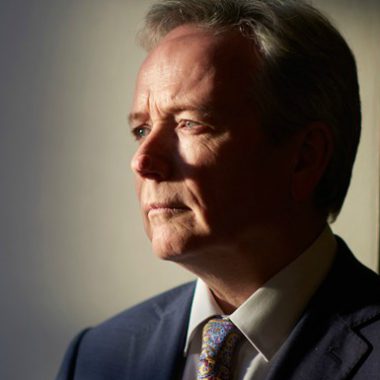Increased use of telephone triage, closing lists to new patients and half-day opening are among a range of measures agreed by GPs in Northern Ireland to reduce spiralling workload and mitigate the impact of the crisis in general practice.
They will also refuse to take on some extra work associated with secondary care, including not seeing patients who have missed hospital appointments, referring patients back to hospital for test results and not organising patient transport.
In addition, GPs will not be completing insurance or PIP forms, BMA Northern Ireland said.
Dr Tom Black, GPC Northern Ireland chair, said: ‘In the absence of a rescue plan for general practice, and to help address the ongoing crisis and as a response to funding cuts, we have had to take steps to withdraw some services, so that we can maintain our core service – seeing patients.’
He said the first step would be to cut back on unnecessary paperwork.
Dr Black said: ‘We will also be advising patients that the hospital is responsible for notifying them of the results of any tests, investigations or treatment they had in hospital.’
Meanwhile, telephone triage will be used to make sure appointments are directed to those who really need them and encourage more patients to self-care and seek help from a pharmacy.
Dr Black who has just been voted GPC chair for another year, said the options were an ‘à-la-carte menu’, which practices could look at and see what was appropriate to their needs.
He said: ‘GP practices have to prioritise clinical work – actual time spent with patients – by withdrawing some services previously provided by practices.
‘This will free up more GP time for direct patient care.’
He added that half-day closing would only be considered if a practice ‘was under such pressure that it would actually improve the service to patients’.
The measures detailing how GPs will work with hospitals are based on a set of standards already introduced in England but which had not been agreed in Northern Ireland despite the BMA pushing for them.
Undated resignations are still being collected by the BMA after the vast majority of GPs said they were willing to walk away from the NHS.
It is thought as many as 20 practices could close this year as GPs grapple with excessive workload and severe recruitment problems.
Amidst political standstill there has still been no funding for the rescue package which was agreed at the end of 2016 to prevent the collapse of general practice.
Last week it emerged that GPs would lose £1m of funding after a series of practice mergers skewed the QOF calculations for 2017.
Dr Black said LMCs would now be writing to hospital trusts to inform them of the work that GPs will not be doing and expect secondary care to be responsible for.
He added that all the measures agreed by the GPC were ‘within contract’.

















